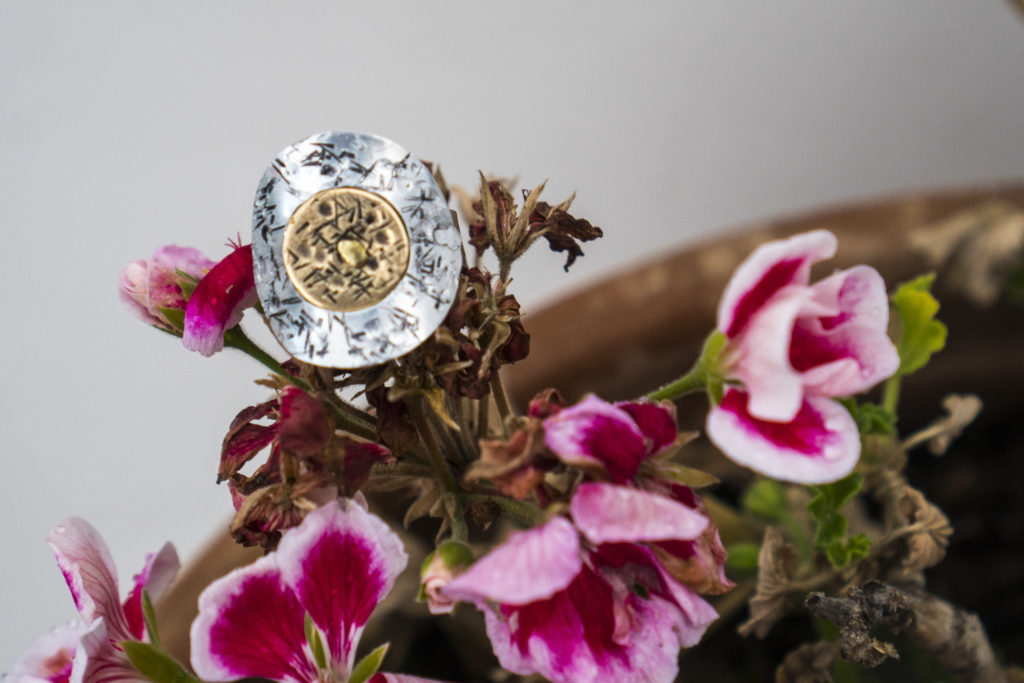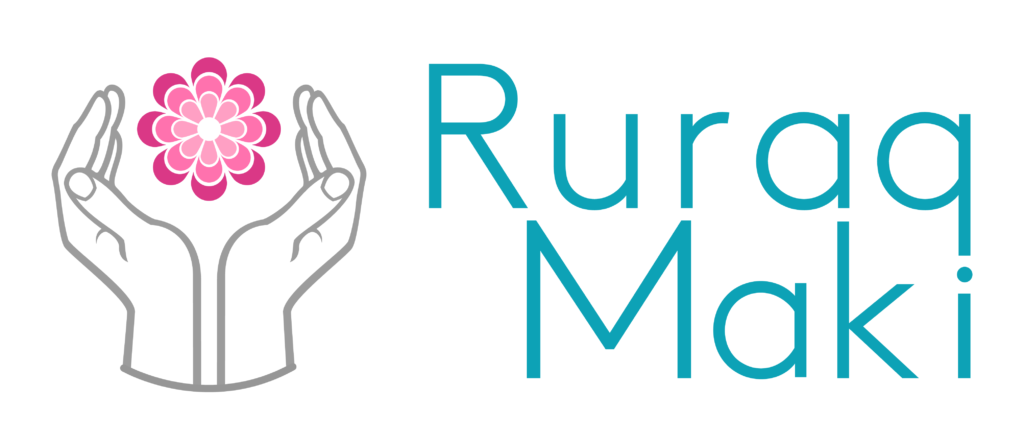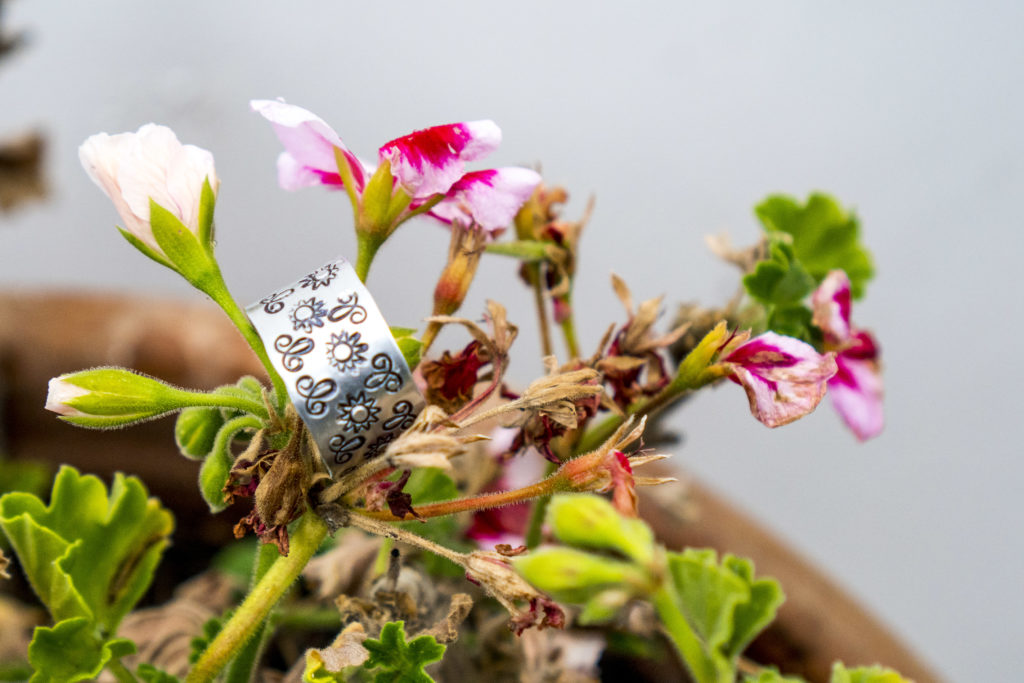Highlights:
INPE, Peru’s national penitentiary system, has started an initiative called Carceles Productivas, which is a is a program that encourages inmates to work and earn money. And of course, the biggest issue is that inmates need order to produce in order to work and earn a living. This is where Carceles Productivas comes in. (We talked about this initiative when it was in its early stages here)
The new initiative is part of the entire Peruvian penitentiary system, not just an Ayacucho. The program encourages businesses in Peru and abroad to partner with inmates in the prison and contract them to produce items for the business. These can be items the inmates are already producing, or items that the business wants them to produce. In the latter case, businesses can provide training to the inmates so they have the skills to make the products.
Part of what this initiative has done is make it easier for businesses and NGOs to come into the prison systems and work directly with the inmates. The inmates are paid directly from the businesses and the prison doesn’t take a cut of their earnings. However, a small portion is set aside to help the inmates pay for their fines, which must be paid before they are released. This is important, because if you don’t pay your fine you may have to extend your sentence and this system ensures inmates can leave on time.
The program also gives inmates benefits, which enable them to work toward time off their sentence. Through the program, one year of work equals about a month off their sentence. Over the course of 10-15 years, this adds up!
One of the things that is not so great about this program is that only certain types of work qualifies under the program and the type of work that does qualify is mostly done by the men. Of the list of work that qualifies, only one of the items on the list pertains to the women’s workshops. Informal embrodiery and weaving work does not count. That means it will be harder for them to connect with businesses and, while they do get some benefits for their work, they don’t get as many as under the program.
Hopefully, with time, the program will evolve to include less formalized work and more work that is produced by the women!
Today we also received some really great feedback about our workshop with Kani in 2017, when they taught a 2-week session on quality control and working in a production group. One of the NGOs that work with the women told us that they’ve seen a significant difference in the way the women work. They are more careful about the quality of their products and more patient with the products they produce. They also have transitioned to working in group, rather than individually, and cooperating on orders.
Finally, here’s a photo of today’s class project- stamped and riveted rings!


